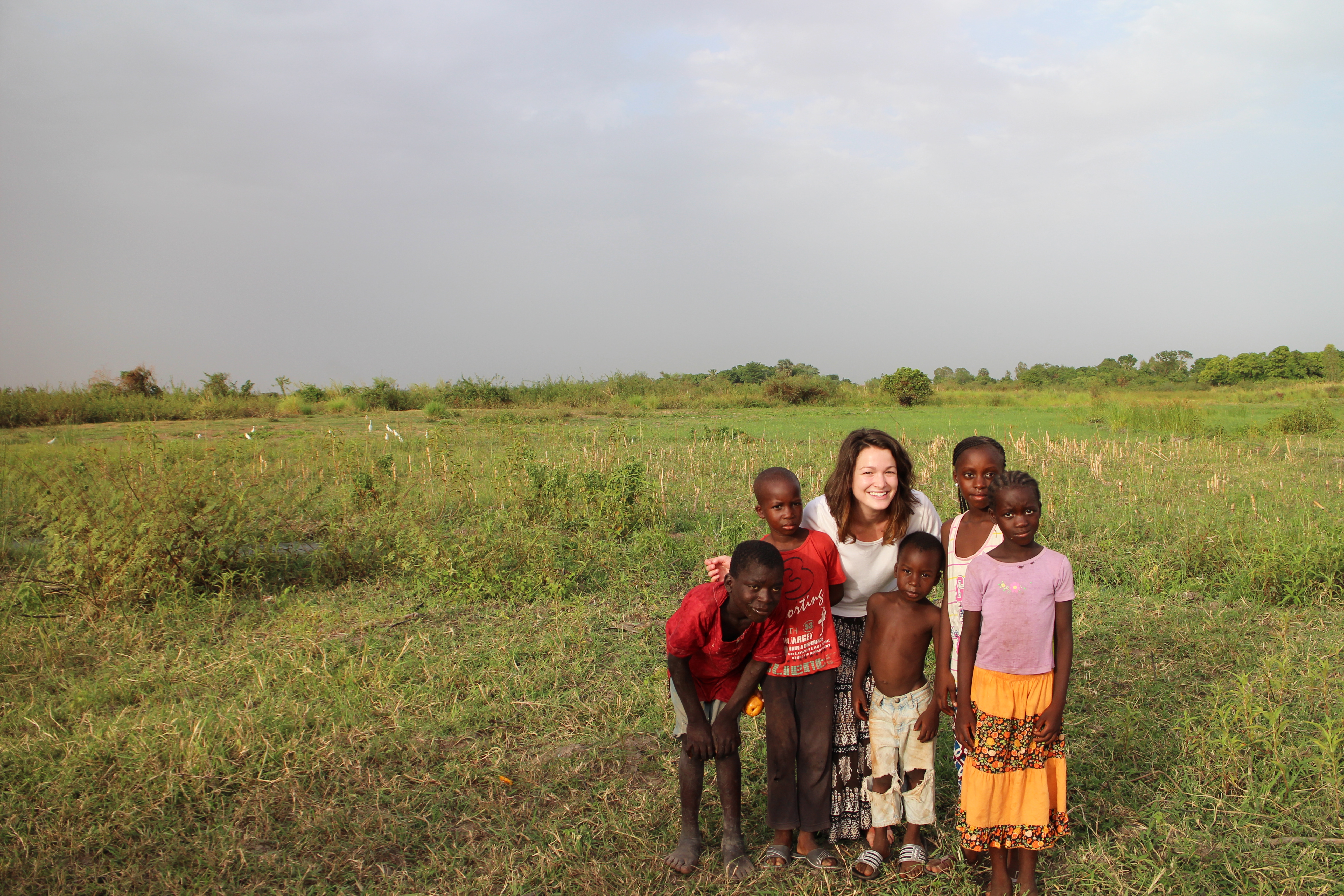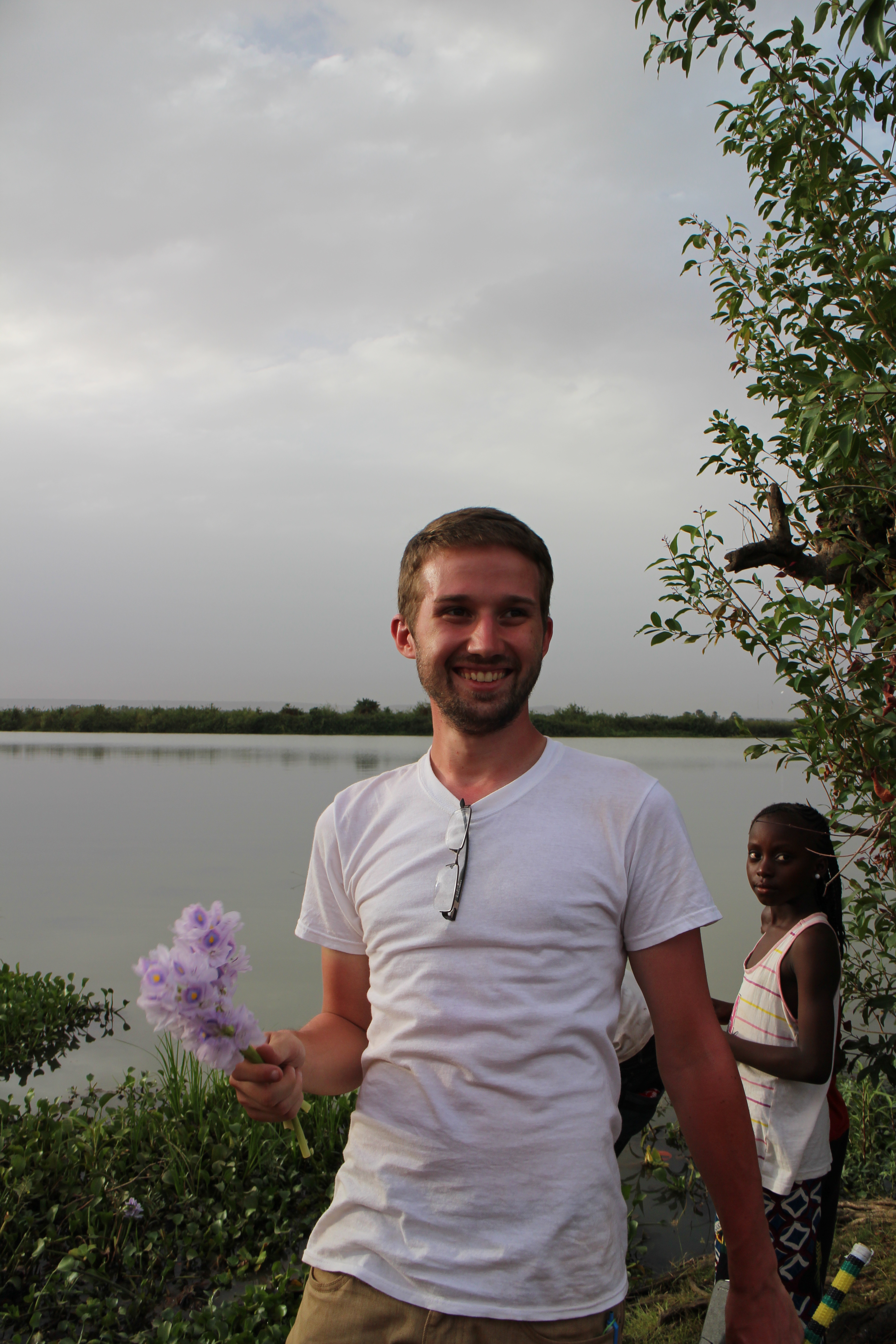
Today I moved to a rural village of about 1,000 Malians. Some of them have never seen a white person before, and those that have assume I am French.
Let me back up. I spent 5 days trying to learn how to assimilate to the culture and how to introduce myself in Bambara. I also learned the nitty-gritty numbers that I’m expected to reach when I’m at my site.
I’ll tell you a little more about the culture (as I have learned so far). Women are not permitted to smoke in public, or whistle (and men are strongly discouraged from whistling at night), as these suggest you’re soliciting prostitution. Malians believe that Americans are dirty because we use toilet paper. What do the Malians use, you ask? A plastic kettle and their left hands. Just goes to show you that there are many standards of clean. One of the most important things that we’ve learned is that the language is highly ceremonial. It is important to greet everyone, ask about their families, and at least do a good job pretending to care. I cannot stress how important this is, unless you’ve just woken up and haven’t washed your face yet. Then you are explicitly not supposed to greet anyone.

When we arrived in our village, we were immediately swarmed by about 40 children, who taught us to count to ten. Then our liaison gave a speech saying that we were being given to the whole town, not just our host families and that they all had a responsibility to keep us safe and to help us lean. We then gave the village chief cola nuts, a ceremonial offering (he’s apparently either deaf or has gone insane because he didn’t respond to Jonathan’s blessing that the town have a good day). We then met parts of our host families and the women from each family taught us each a new dance move. We then left to move in to our new rooms.
We were not allowed to carry anything as we settled in. My host brother set up my mosquito net and insisted on having me lie down and practice tucking it in on the open side. I then spent some time trying to make conversation, which lead to them providing me with a new name. Not only is Kimberly apparently very difficult to pronounce, it’s also a Peace Corps Mai tradition to take the last name of your host family and to let them give you a first name. This means that I am not Kadia Diarra (the d’s are pronounced like j’s, so it’s more like Kaja Jara). I them helped make lunch (everyone made fun of my knife skills) that consisted of cucumbers and eggs. While I ate in my room (alone-to feel more comfortable in Malian standards) a chicken tried to steal my egg from me.

After lunch, my go-to host sister, Miriam walked me to our teacher’s house. We went on a tour of the village and tried to learn some useful phrases. When I came home, my host mom insisted I take a nap before dinner and then woke me up to take my first bucket bath! Bucket baths are surprisingly enjoyable, even if you’re about a foot taller than the rest of your family, so your blonde head sticks up over the wall and you make some seriously awkward eye contact with people in the street (who may or may not know why there’s a white woman in their neighbor’s shower area).
My family is incredibly polite, respectful, considerate, and so incredibly different than all of the people I have ever met in the entire world. They have next to nothing (and are some of the more wealthy people in the country) and are willing to share all of it with me. I am incredibly blessed and happy to be a part of their family now, but I also can’t shake this feeling that I can never fit into a community so vastly different than my own. As the fantastic musician, Brett Dennen says, “In a world of suffering, why should I be so blessed?’